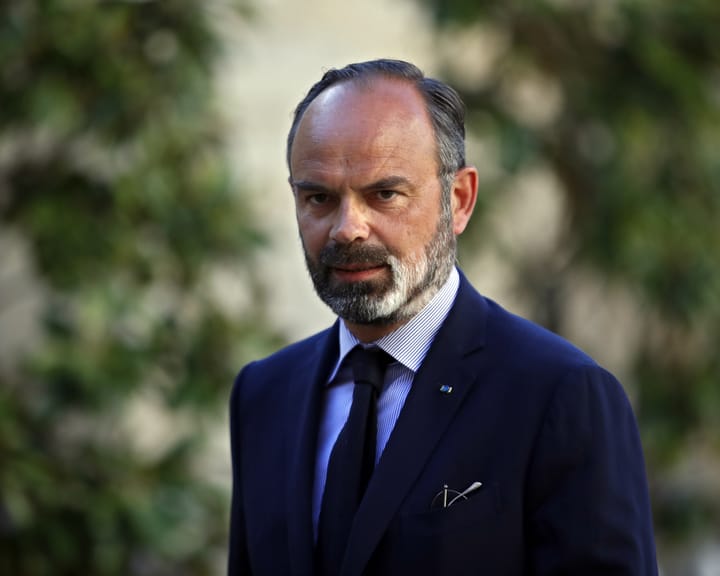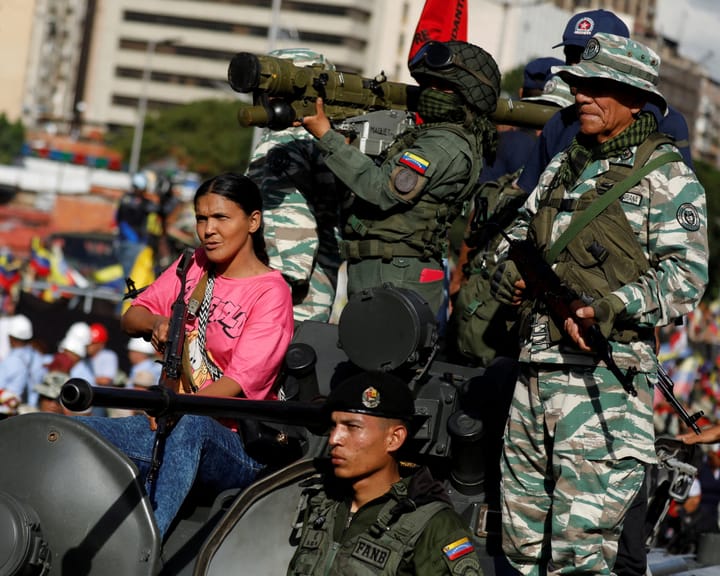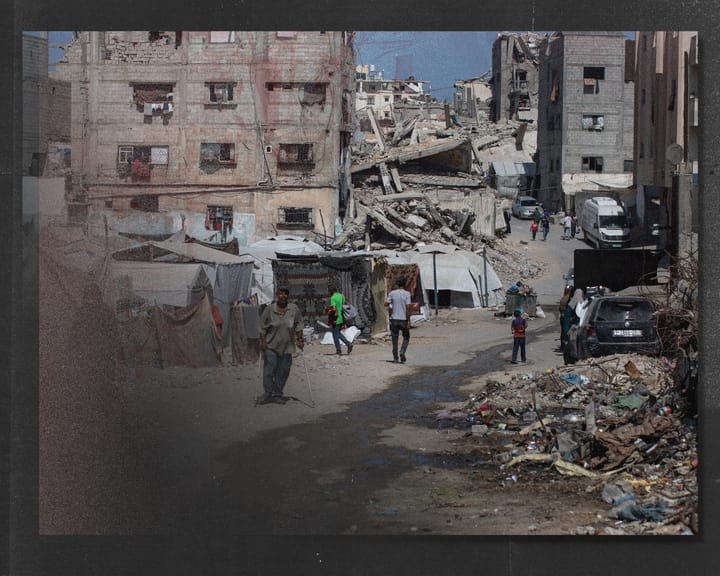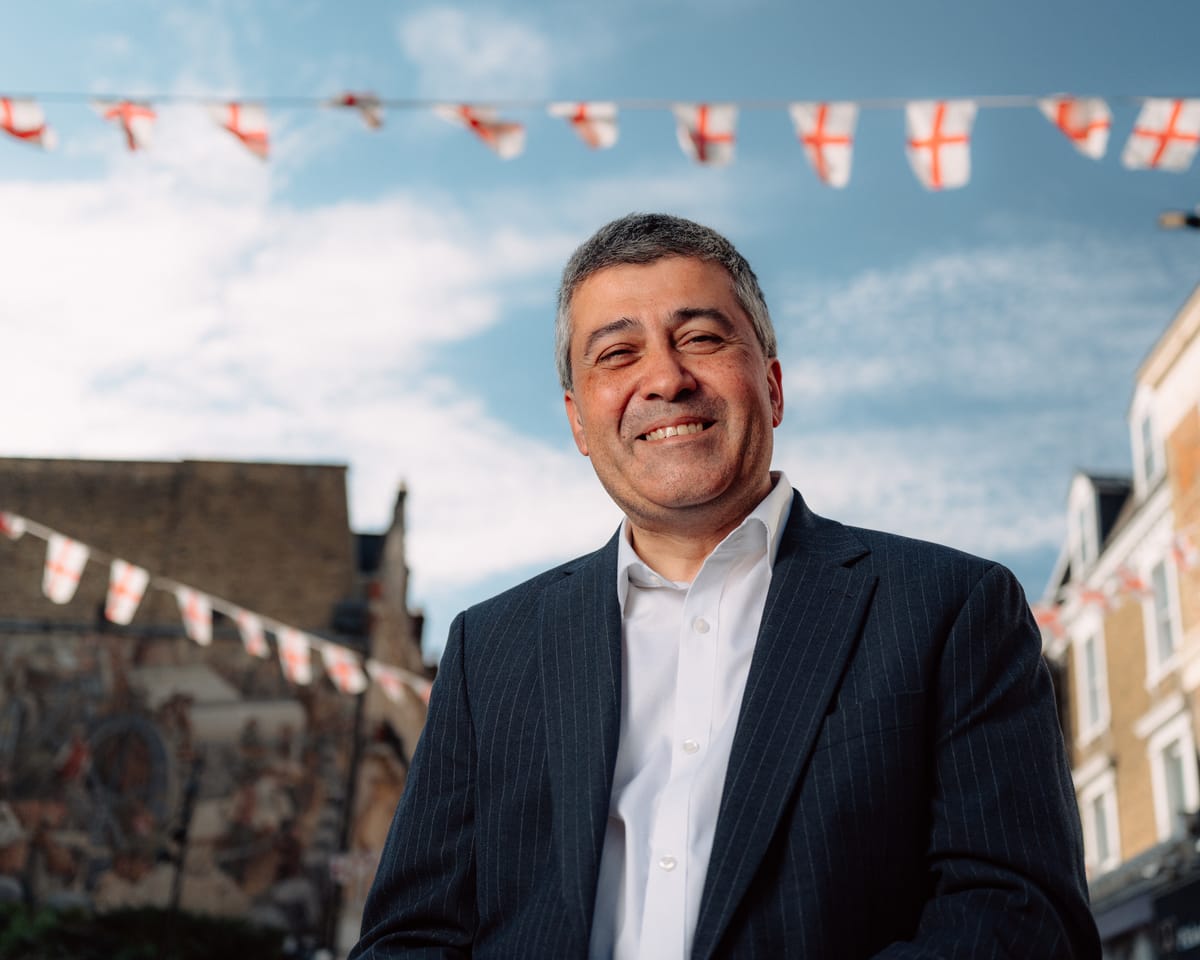Despite these tensions, Katwala remains optimistic. He points to the diversity of Dartford as evidence that many communities coexist peacefully in modern Britain. The town’s celebrations—Saint George’s Day, VE Day, the Euros—reflect a shared sense of belonging that transcends political divides. "People can take pride in their history and traditions without excluding others," he adds.
His work at British Future focuses on fostering dialogue between groups that might otherwise see each other as adversaries. By emphasizing shared interests—such as economic stability, community safety, and cultural heritage—he believes a more unified national identity is possible. "Our polling shows that most people want the same things, even if they express their concerns differently," he explains.
Still, the rise of far-right activism worries him. The combination of online radicalization and real-world demonstrations has deepened polarization. "When you see flags used not as symbols of unity but as weapons, it’s troubling," he admits. Yet, he insists that most Britons reject extremism. "The loudest voices aren’t always the majority."
Katwala’s own life mirrors this belief. His mixed heritage, his work in advocacy, and his everyday experiences—whether facing racism or celebrating football victories—shape his vision for Britain. "Identity isn’t fixed. It evolves, just like the country itself," he says. As long as people keep talking and listening, he believes there’s hope for a more inclusive future.
This is England in 2025—a place of contradictions, but also of possibility.
Read next

"Ex-PM urges Macron to call snap election amid France’s escalating political turmoil"
Édouard Philippe Advocates Early Elections Amid France’s Political Stalemate
Édouard Philippe, former French prime minister and a onetime supporter of Emmanuel Macron, has expressed support for early presidential elections, citing the severity of the nation’s political turmoil.
Philippe, a prominent centre-right figure seen as a possible successor to

"Venezuela braces for possible Trump-led regime shift: ‘We are prepared if it occurs’"
The mayor of Caracas arrived at one of the city’s busiest subway stations dressed in a camouflage T-shirt, identifying herself as a dedicated defender—and delivering a defiant statement.
“They act as if they control the world,” Carmen Meléndez said, referring to the Trump administration’s efforts to pressure

"Gaza's devastation: The toll of Israel’s two-year military offensive"
The ongoing conflict in Gaza has reached its third year, marking the longest military engagement for Israel since the 1948 war that resulted in the nation’s establishment.
A significant portion of the casualties resulting from Israel’s operations in the region have been civilians, with the death toll surpassing

